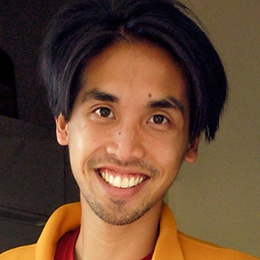Research Summary
The focus of Dr. David’s work is understanding how diet impacts microbial structure and function in the context of various health conditions, including gastrointestinal and digestive diseases, builds on expertise in computational biology, genomics, microbiology, and diet. He trained in Biomedical Engineering and Computational & Systems Biology. As a Junior Fellow at Harvard’s Society of Fellows., he transitioned towards the human gut microbiome. He discovered that ecological succession takes place after cholera infection in the human gut. He also combined DNA sequencing of bacterial communities with diet tracking and manipulation to show how human gut microbiota can respond within a day to diet shifts.
His lab is focused on the human gut microbiome. His group used antibiotic treatment and protein intake interventions to illustrate how gut microbes face limitations of nutrients like electron acceptors. They have focused on developing precision nutrition strategies using prebiotic fiber that account for inter-individual variation in gut microbiota. Crucial to the microbiome studies has been the development of new experimental tools like microfluidics and artificial guts for microbiome culture, along with new computational techniques that account for statistical artifacts associated with genomic data. They have pioneered the use of a novel dietary biomarker, which adapts microbiome sequencing techniques to explore the intersection of diet, microbial ecology, and health.
CGIBD Focus Area(s): Microbiome
Pilot Feasibility Award 2017
Collaborators: Diehl, Rawls
